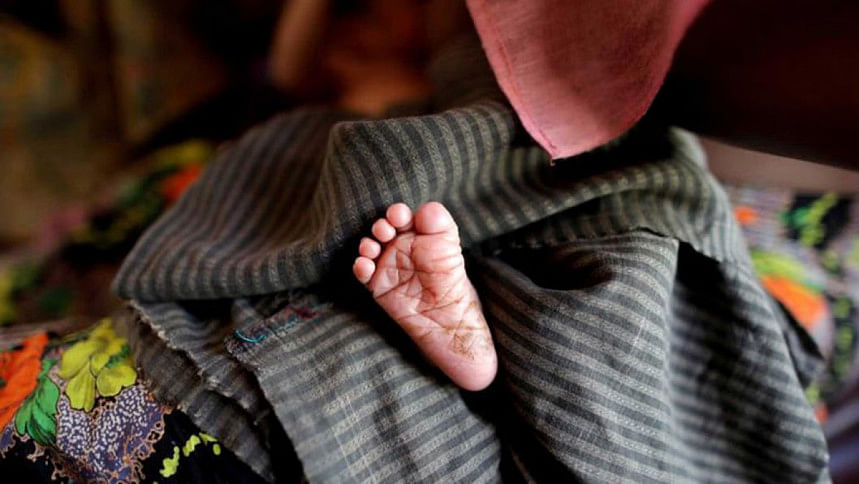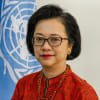We must ensure every birth and death is recorded

Ten years ago, countries across Asia and the Pacific united to correct a silent injustice: millions of people were being born and dying without ever being recorded. The launch of the Asia-Pacific Civil Registration and Vital Statistics (CRVS) Decade marked a bold regional commitment to ensure every birth and death is recorded, and every life counts.
At its core, the CRVS Decade was about more than data—it was about dignity. It aimed to equip governments with accurate, timely information to deliver essential services, shape responsive policies, and uphold the rights of every person, in every corner of the region.
Today, the region has made undeniable progress. Since 2012, the number of unregistered children under five has fallen by 62 percent, from 13.5 crore to 5.1 crore in 2024. This is an enormous achievement, made possible by strong political commitment, improved systems, and regional cooperation. While there is much to celebrate, 5.1 crore unregistered children in Asia and the Pacific is still far too many.
We've come too far to stop now. We must extend the Asia-Pacific CRVS Decade to 2030.
Doing so will ensure that efforts to improve legal identity and vital statistics systems remain aligned with the broader Sustainable Development Goals (SDG). It will also provide countries with the time and support they need to finish what they started and to fully close the data gap that still leaves millions of people invisible.
Transforming CRVS systems takes partnership, persistence, and innovation. That's why the United Nations and our partners are committed to working together with governments across the region, helping to build stronger, more inclusive, and people-centred CRVS systems.
A birth certificate is more than a document; it is a child's first proof of existence in the eyes of the law. Without it, that child may be shut out of school, denied healthcare, and excluded from social protection. They may be unable to prove their nationality—or even their age. The consequences are especially severe for the most vulnerable, and the effects ripple across generations. When mothers have legal identity, they can secure the same for their children, helping to break deep-rooted cycles of invisibility and exclusion.
We also face a grave challenge on the other side of life. Every year, 69 lakh deaths go unregistered in the region, leaving families without access to inheritance, land rights, or pensions. And even among registered deaths, fewer than one in three are medically certified, meaning we often don't know why people are dying.
This gap in knowledge leaves public health systems in the dark, unable to fully understand, prepare for, or respond to health threats. Timely, disaggregated statistics on causes of death are essential for designing and monitoring effective health policies, and for detecting emerging crises, including pandemics.
The upcoming Third Ministerial Conference on CRVS in Asia and the Pacific is the moment to act. Governments must use this opportunity to recommit to the CRVS agenda, renew their national targets, and align with the SDG finish line in 2030.
Extending the CRVS Decade to 2030 is a declaration: everyone counts. Data saves lives. Legal identity is a right, not a privilege. No one should be left behind simply because they were never counted in the first place.
Let us finish what we started. Let us get everyone in the picture and ensure every life truly counts.
Armida Salsiah Alisjahbana is under-secretary-general of the United Nations and Executive Secretary of the Economic and Social Commission for Asia and the Pacific (ESCAP).
Views expressed in this article are the author's own.
Follow The Daily Star Opinion on Facebook for the latest opinions, commentaries and analyses by experts and professionals. To contribute your article or letter to The Daily Star Opinion, see our guidelines for submission.

 For all latest news, follow The Daily Star's Google News channel.
For all latest news, follow The Daily Star's Google News channel. 






Comments